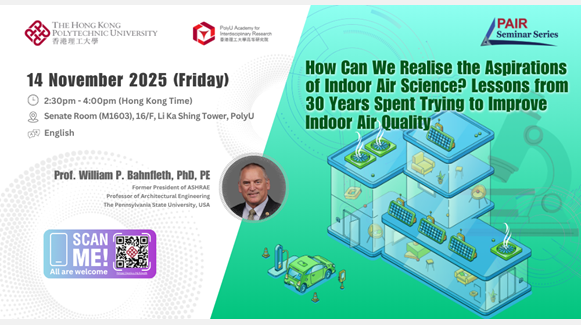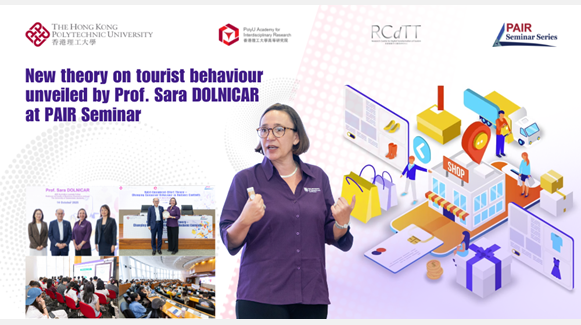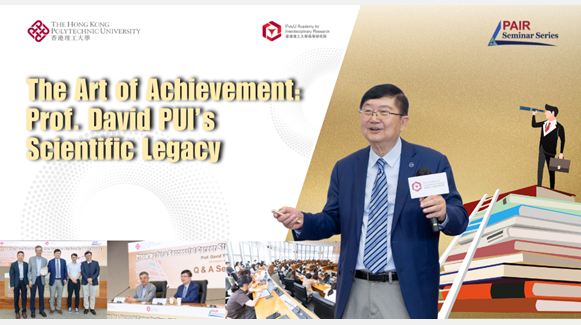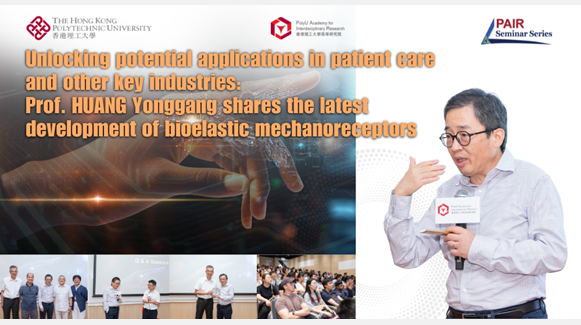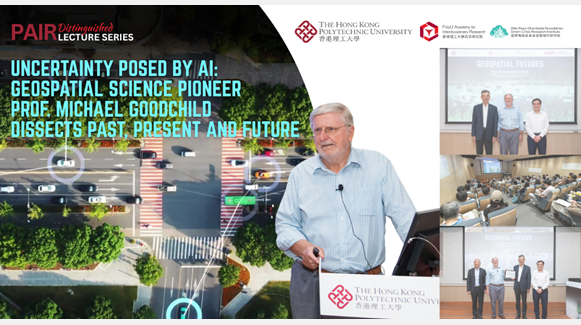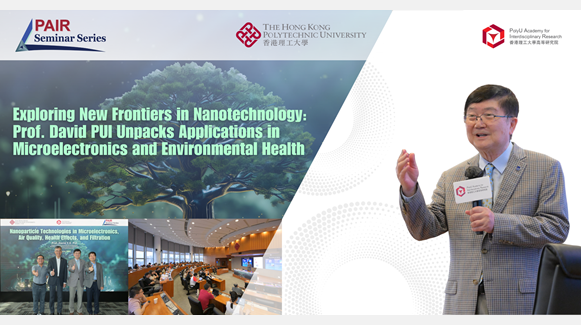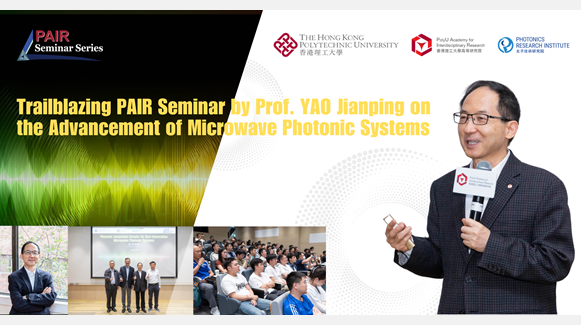PAIR Seminar: Prof. CUI Zhanfeng of University of Oxford delivers "AI and Biomanufacture of ATMPs"
PAIR Seminar Series
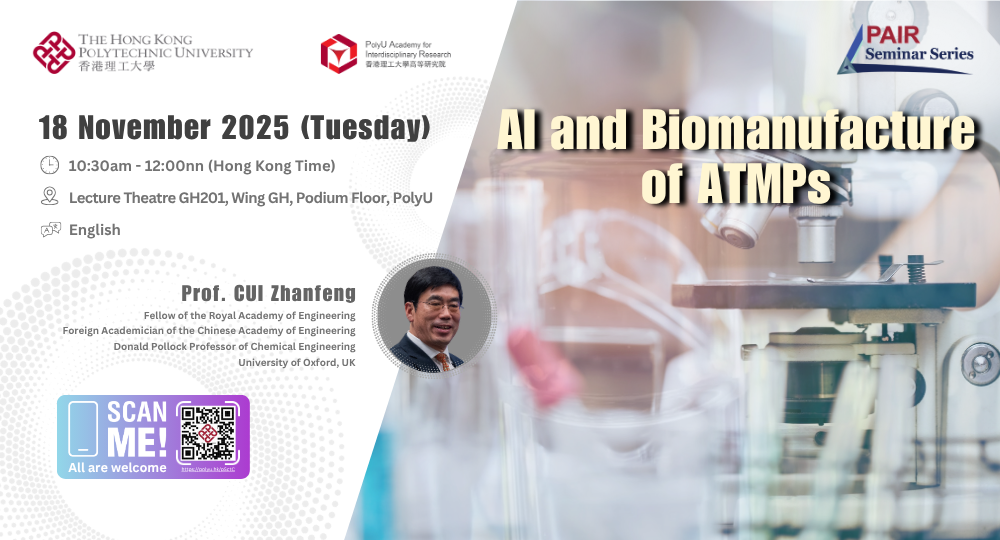
-
Date
18 Nov 2025
-
Organiser
PolyU Academy for Interdisciplinary Research
-
Time
10:30 - 12:00
-
Venue
Lecture Theatre GH201, Wing GH, Podium Floor, PolyU (Limited seats are available on a first-come, first-served basis)
Speaker
Prof. CUI Zhanfeng
Enquiry
PolyU Academy for Interdisciplinary Research info.pair@polyu.edu.hk
Summary
Abstract
Advanced Therapy Medicinal Products (ATMPs) represent a new class of therapeutics, including tissue engineering, stem cell and cell therapies, and gene therapies. While ATMPs offer promising solutions for unmet clinical needs, their current high cost of goods presents a significant barrier. There is an urgent need for engineering solutions to reduce the cost of ATMP manufacturing.
These high costs are primarily due to the inherent uncertainty and complexity of bioprocessing and biological systems. Emerging artificial intelligence (AI) can address this challenge by integrating all existing expertise to act as a 'super expert.' This can guide biomanufacturing process development, significantly increase the likelihood of success, and ultimately reduce the production costs for these high-value products.
In this talk, I will illustrate the complexities and challenges in ATMP biomanufacturing, discuss the potential of AI to contribute, and highlight the need for interdisciplinary research and collaboration.
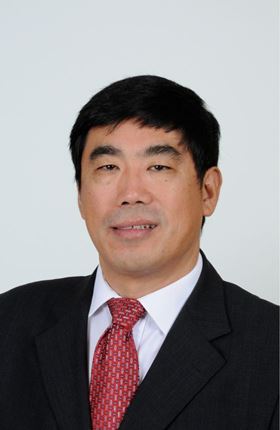
Professor CUI Zhanfeng
Fellow of the Royal Academy of Engineering
Foreign Academician of the Chinese Academy of Engineering
Donald Pollock Professor of Chemical Engineering
University of Oxford, UK
Professor CUI Zhanfeng is the Donald Pollock Professor of Chemical Engineering, University of Oxford since the Chair was established in 2000. He is the Founding Director of the Oxford Suzhou Centre for Advanced Research (OSCAR), the only Oxford University Centre outside the UK in Physical Sciences and Engineering. He was educated in China, and awarded BSc (1982), from Inner Mongolia Polytechnic University, MSc (1984) and PhD (1987) from Dalian University of Technology. After a postdoc in Strathclyde University (1988-1991), he became a Lecturer of Chemical Engineering in Edinburgh University in 1991, moved to Oxford in 1994 as a University Lecturer in Engineering Science and Tutorial Fellow of Keble College. He became a Reader in Engineering Science in 1999. He was elected to the first Chemical Engineering Chair at the University of Oxford in 2000 and a Professorial Fellow of Hertford College. He is a Fellow of the Institution of Chemical Engineers (FIChemE, 2003) and a Fellow of American Institute of Medical and Biological Engineering (FAIMBE, 2014). In 2009, he was awarded a Higher Doctorate, Doctor of Science (DSc), by the University of Oxford, to recognize his excellence in academic scholarship. He was elected to a Fellow of the Royal Academy of Engineering (FREng) in 2013, a Foreign Member of the Chinese Academy of Engineering in 2021, and a Fellow of the UK Academy of Medical Sciences (FMedSci), 2023.
Professor CUI is known for his work on membrane technology and bioprocessing. He has focused on the interface between Chemical Engineering and Life Sciences and Medicine. His current research interests focus on the development of enabling technologies for regenerative medicine (bioreactors, three-dimensional culture, cryopreservation and scale-up), and applications to treat cancers, diabetes, neural degeneration and musculoskeletal conditions. He is also active in developing in vitro diagnostic technologies for point of care testing, in particular, of cancers and infectious diseases.
You may also like



